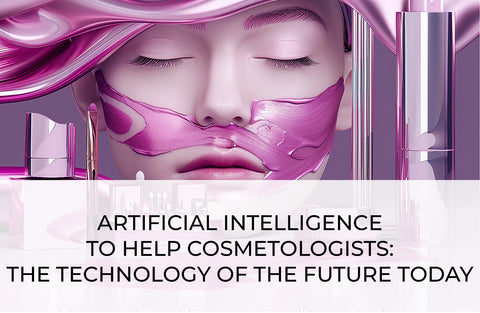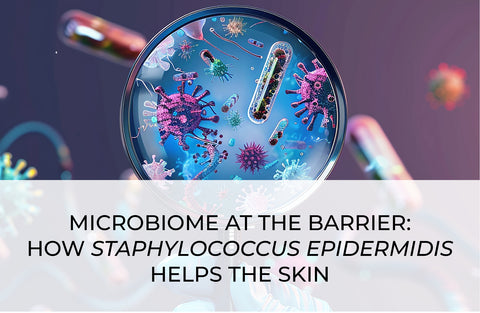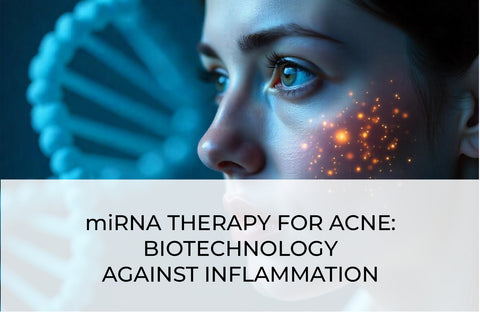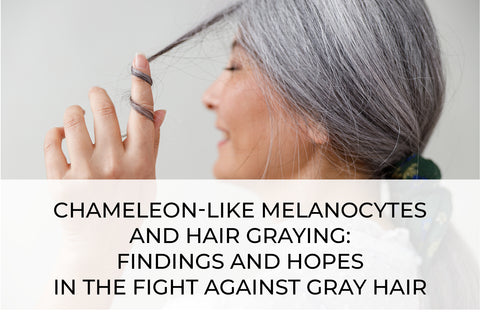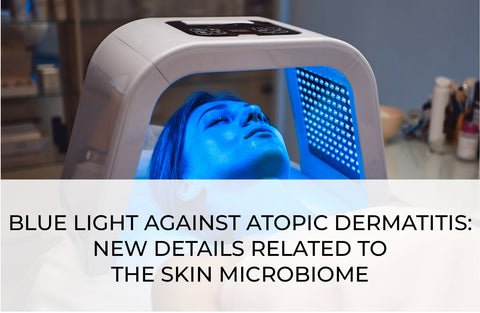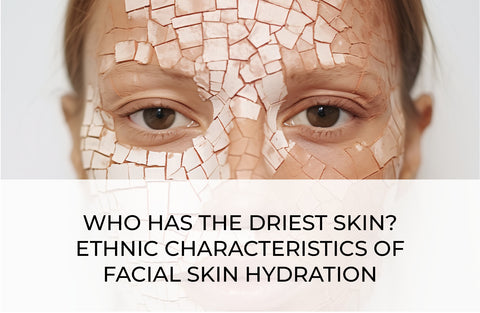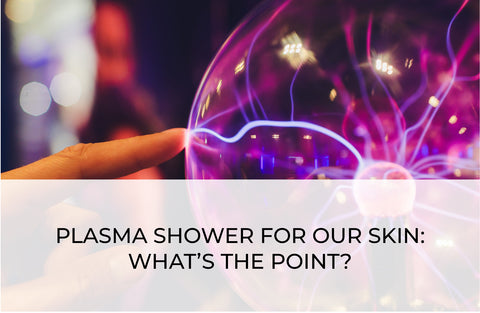ARTIFICIAL INTELLIGENCE TO HELP COSMETOLOGISTS: THE TECHNOLOGY OF THE FUTURE TODAY

Artificial intelligence (AI) is a set of technologies that enable machines to perform tasks that require human intelligence. AI is based on machine learning and data processing algorithms that analyze large amounts of information, find patterns, and make predictions. This technology is widely used in various fields, including healthcare and the beauty industry. Modern technology continues transforming healthcare and appearance care, and AI has become a key tool in this evolution. Cosmetology, dermatology, and aesthetic medicine already use AI to diagnose, personalize treatments, and optimize processes. Let's look at current advances, implementation examples, and prospects for AI use in these fields.
AI in dermatology
One of the most prominent applications of AI is diagnosing skin diseases. Artificial neural networks trained on millions of images can identify signs of skin diseases such as melanoma, acne, or psoriasis with accuracy comparable to that of qualified dermatologists.
For example, the SkinVision application already uses machine learning technologies to help users perform preliminary analyses of moles and other skin masses [1]. The program analyzes neoplasms' shape, color, and size by comparing them with a massive database of images. Such diagnostics are handy in regions with limited access to dermatologists.
AI is also being used to analyze skin inflammation in real-time. Studies show that machine learning algorithms can quickly identify which factors contribute to disease exacerbation and select appropriate care products [2].
An example of the effective use of AI in dermatology is the MoleMapper technology. This technology tracks changes in moles over time and notifies the user of suspicious changes, which is helpful for the early detection of melanoma.
Another example is DermAI, a platform that integrates with medical information systems. It helps physicians diagnose various skin diseases and provides treatment recommendations based on historical patient data.
AI is also finding applications in the field of acne treatment. Algorithms can analyze patient photos to determine the most effective treatments, including the choice of medications and cosmetic procedures.
A revolution in skincare
Cosmetology is actively adopting AI to personalize skin care. Companies like L'Oreal and Shiseido use AI to develop customized skincare recommendations. An example is Shiseido's E's AI system, which analyzes skin conditions using a smartphone's built-in camera and suggests products based on collected data. For its part, L'Oreal has launched Perso, a device that can prepare creams and makeup based on analyzing user data, including skin moisture levels, weather conditions, and personal preferences [3].
AI is helping to automate the analysis of ingredients in cosmetic products. For example, applications like INCI Decoder or Yuka use machine learning to analyze the composition of cosmetics, informing users about possible harmful substances or allergens.
AI is also being used in the makeup industry. Augmented reality applications such as ModiFace allow users to virtually try on cosmetic products to find the proper foundation or lipstick. These technologies not only simplify selection but also increase customer satisfaction.
And here are more examples of AI applications in different areas of cosmetology:
- Hair and scalp analysis technologies. Algorithms such as Kérastase Hair Diagnostics help identify hair and scalp problems, such as dryness, dandruff, or loss, and offer personalized solutions.
- AI-powered beauty salons. Some salons use smart mirrors, such as ModiFace Virtual Mirror, that analyze skin conditions, provide recommendations, and allow you to try on makeup or hairstyle changes virtually.
- Monitoring treatment progress. AI-enabled apps such as TroveSkin help track skin changes over time, providing users with data on the effectiveness of their chosen care.
- Nutrition and lifestyle recommendations. Some systems, such as Nutrientia AI, integrate skin data analysis with dietary suggestions to improve skin health through nutrition.
- Diagnosing allergies and sensitivities. AI algorithms can analyze photos of the skin after applying new products to detect signs of allergic reactions or irritation.
Aesthetic medicine and AI
Aesthetic medicine is another area where AI is showing impressive results. Image analysis algorithms assess facial conditions, identify optimal areas for botulinum toxin or filler injections, and predict the results of facial contouring and harmonization procedures. Specifically, AI analyzes facial expression movements before injections. This helps doctors predict how botulinum toxin or fillers affect facial expressions, ensuring natural-looking results.
Systems like Crisalix allow patients to visualize the results of plastic surgery before it is performed. Such technologies facilitate decision-making and increase trust between doctors and patients [4].
Furthermore, AI is helping to improve surgical precision. AI-driven robotic systems can perform complex procedures, such as laser treatment or microsurgery, with minimal risk.
The use of AI in skin rejuvenation is also a promising area. Systems such as Skin AI Rejuvenation assess the level of hydration, wrinkles, and pigmentation and recommend individual treatment programs, including lasers or chemical peels.
Prospects for the application of AI
The future of AI in cosmetology, dermatology, and aesthetic medicine looks promising. Algorithms are being developed to create fully personalized cosmetic lines that consider the user’s genetic and age characteristics and their skin microbiome.
In addition, a promising direction is using AI to monitor skin aging. Algorithms can predict skin texture and elasticity changes and recommend preventive measures long before visible signs of aging appear.
In the long term, we can expect smart mirrors and devices to instantly diagnose skin conditions, make recommendations, and even dispense ready-made skincare products.
Ethical and practical issues
AI is already changing cosmetology, dermatology, and aesthetic medicine, making them more accessible, accurate, and personalized. However, current advances are just the beginning. Technology will continue to improve shortly, opening up new beauty and healthcare horizons.
Despite its vast potential, the application of AI in cosmetology and medicine raises several questions. These relate to the protection of user data, the accuracy of the algorithms, and the possible dependence on technology. Developers and regulators must work together to ensure safe and effective solutions.
References
- Official Website. URL: https://www.skinvision.com/
- Esteva, A. et al. Dermatologist-level classification of skin cancer with deep neural networks. Nature, 2017.
- L'Oreal Perso. URL: https://www.loreal.com/perso
- Crisalix 3D Imaging. URL: https://www.crisalix.com/








